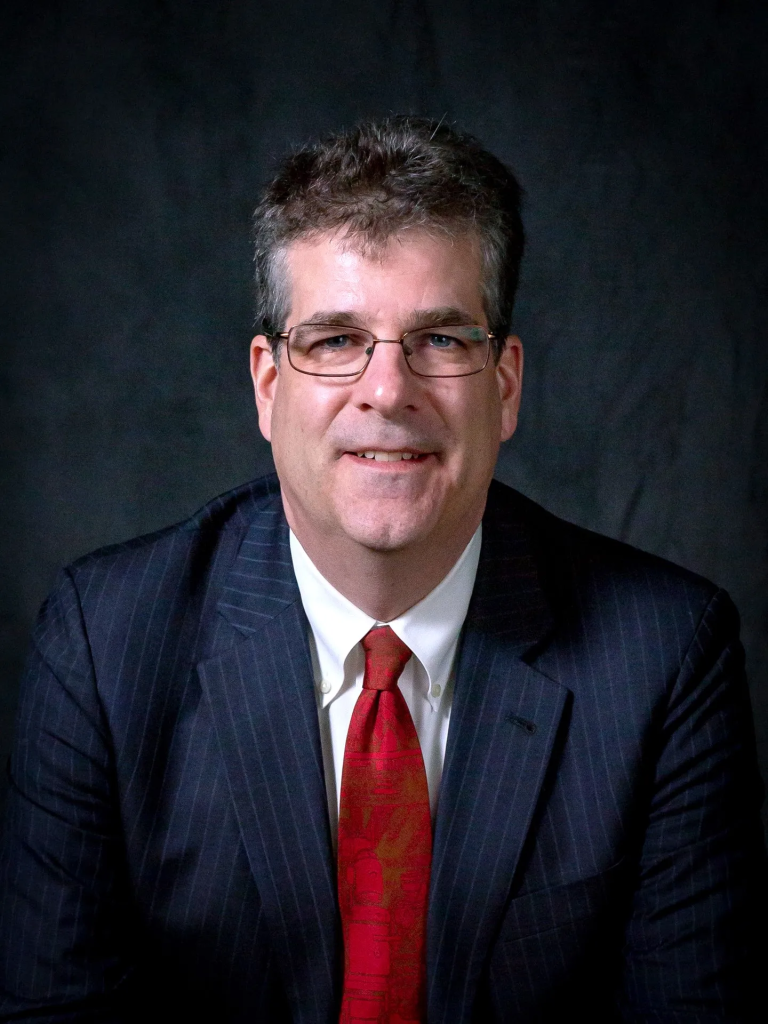
Please Follow us on Gab, Minds, Telegram, Rumble, Gettr, Truth Social, Twitter
John Miller, well known in conservative circles, teaches courses in journalism at Hillsdale College in Michigan. He asks his new students each year what is the most important motivating factor in journalism? What do all journalistic enterprises strive for?
Some say truth, others the imparting of knowledge, still others – who probably have boned up on their Gideon Tucker – to serve as a breakwater against the political equivalent of highway robbery, for we all know that “No man’s liberty or property is safe while the legislature is in session.”
“Money,” Miller answered. Money makes the world of journalism go round. Journalism is preeminently a business that sells a product.
Miller acknowledges to his students that all their answers figure into the journalistic equation as well.
And we are off.
Miller’s two-day presentation at Hillsdale College’s The Blake Center for Faith and Freedom in Somers, Connecticut touched upon the founders of the nation, some of whom, like Benjamin Franklin – philosopher, scientist, ambassador for the United States at the court of King George, raconteur, admirer of pretty and intelligent women, aphorist, publisher, and more, much more – was a journalist who did not spurn moneymaking. He became wealthy by establishing publishing houses near and far.
Thomas Paine, who set fire to the hearts of Americans during the American Revolution, was a journalist and the author of the most widely read pamphlet of the day, Common Sense.
The Federalist Papers, written by Alexander Hamilton, James Madison and John Jay, are packaged for us in a hefty book, still largely read, for which Miller gave thanks, but the op-ed pieces first appeared in newspapers such as the New York Post, founded by Hamilton in 1801.
These were all journalists, as was the notorious James Callender, under whose pen Thomas Jefferson was elevated before he was sent crashing to earth by Callender, a Scottish journalist chased out of London England for gross impertinence.
In the early post-Revolution days of the Republic, sordid campaigning was left to partisan journalists whose favors were rewarded by politicians. Callender took up Jefferson’s cause in the John Adams-Jefferson race for the presidency. Callender wrote that Adams was a bit effeminate, but in the end the effeminate Adams prevailed over Jefferson, initiated the Alien and Sedition Act and tossed the rude journalist in the hoosegow.
The Alien and Sedition Act, very unpopular among American patriots that depended upon a free press for their hard won liberties, was later repealed and Callender was released to resume his denunciations and demand of Jefferson a retroactive pardon, remission of his $200 dollar fine, and an appointment as postmaster of Richmond, Virginia, payment for his sufferings. Callender received a pardon but no postmaster appointment – at which point he switched sides and revealed a child-producing relationship between Jefferson and one of his black slaves, Sally Hemings.
Callender had earlier blown the whistle on Alexander Hamilton, Jefferson’s bête noir, for having had an adulterous relationship with a married woman. It turned out that the married woman was sex bait used by her husband to ensnare and blackmail Hamilton. Rather than risk public humiliation, Hamilton paid off the husband.
Relying mostly on rumors, Callendar asserted that Hamilton was misusing public funds, but his reporting forced Hamilton to admit the shabby truth that he was paying bribes, destroying any possibility that Hamilton might in the future become president.
Reciting all these scandals and correcting Callender’s record somewhat, Miller heaved a sigh and asked his audience – “Sounds familiar, right?”
It is familiar because, as the French say, “The more things change, the more they remain the same,” sin and human nature, fear and love, remaining dependably constant throughout the ages. Then, as now, politicians were searching for status and power. Then, as now, journalists were searching for … ahem … human interest stories and suitable payback for political services rendered.
Day two at Hillsdale’s Blake Center, every bit as entertaining and rich in historical detail as day one, was a wrap-up session.
People who presume that power relationships in the modern period are far worse than they had been in America’s “golden age” of the country’s founding are strangers to both history and human nature. The purpose of Hillsdale College is to acquaint students with both and send them, armed, into the wicked world of, among others, William Blake: “My mother cried, my father wept, into the wicked world I leapt.”
Miller’s message is that of a realist rather than that of a progressive utopianist such as Voltaire’s Pangloss, who believed, despite all evidence to the contrary, that we are living “in the best of all possible worlds.”
When Candide, Pangloss’ student, asks his teacher, “Well, my dear Pangloss, when you were hanged, dissected, whipped, and tugging at the oar, did you continue to think that everything in this world happens for the best?” Pangloss answers, “I have always abided by my first opinion, for after all, I am a philosopher, and it would not become me to retract my sentiments.”
There are no such Panglossian “philosophers” at Hillsdale College.
John J. Miller is director of the Herbert H. Dow II Program in American Journalism at Hillsdale College and national correspondent for National Review. He is the author of several books, including The First Assassin, a novel set during the Civil War, and The Big Scrum: How Teddy Roosevelt Saved Football. A regular contributor to the Wall Street Journal, he is also the founder and executive director of the Student Free Press Association, which supports collegiate journalism and is best known for its news website, The College Fix. Miller obtained his B.A. in English from the University of Michigan, where he served as editor of the Michigan Review. His personal website is www.HeyMiller.com
